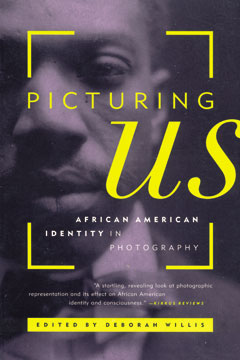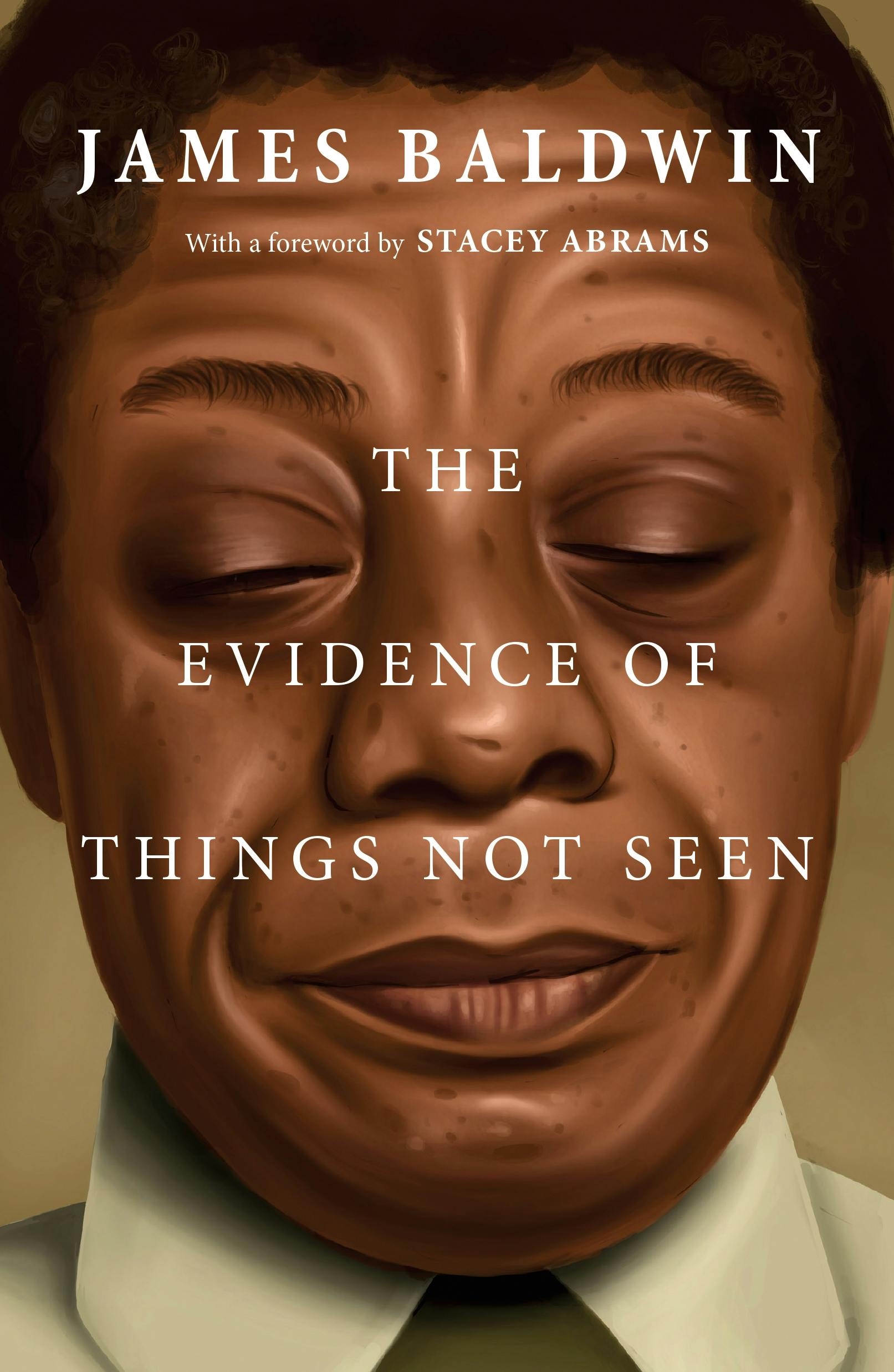This exhibit surveys the work of artist, critic, and curator Christian Walker (1953–2003). A 1984 graduate of the SMFA, Walker was a path-making gay Black photographer active in Boston, Atlanta, and Seattle, who grappled with the complexities of rac e and sexuality in America to capture his own experiences and communities. While most established histories of Black gay art are rooted in New York and London, Walker’s work sheds light on the often-sidelined cities of Boston and Atlanta, investigating topics such as queer public sex, interracial desire, family archives, HIV/AIDS, censorship, drug use, and Blackness and whiteness.
e and sexuality in America to capture his own experiences and communities. While most established histories of Black gay art are rooted in New York and London, Walker’s work sheds light on the often-sidelined cities of Boston and Atlanta, investigating topics such as queer public sex, interracial desire, family archives, HIV/AIDS, censorship, drug use, and Blackness and whiteness.
Christian Walker
Christian Walker, Another Country, c. 1990s. Ink and oil on gelatin silver print, 20 x 24 in. Collection of the High Museum of Art, Atlanta; Gift of Lucinda W. Bunnen for the Bunnen Collection. 1995.95.3.
Born in Springfield, Massachusetts, Christian Walker (1953–2003) moved to Boston in 1974, at which point he began making photographs. After obtaining a Fine Arts Diploma from the School of the Museum of Fine Arts (SMFA) in 1984, he moved to Atlanta, where he published his photo book The Theater Project (Nexus Press, 1985). Walker’s work was featured in numerous influential exhibitions in the 1980s and 1990s, including Southern Expressions: A Sense of Self (1988), Black Photographers Bear Witness: 100 Years of Social Protest (1989), The Decade Show: Frameworks of Identity in the 1980s (1990), Christian Walker— Subject/Object: Photographs 1980–1990 (1992), Black Male: Representations of Masculinity in Contemporary American Art (1994), and Imagining Families: Images and Voices (1994), among others.
-
 Picturing Us
by
Deborah Willis, an expert on African American photography asks 18 writers, critics and film makers each to select a photograph of personal or historical significance and to read it for insights into the black experience.
Recommended chapter for TUAG's Christian Walker exhibition. “Gazing Colored: A Family Album.”
Call Number: SMFA and Tisch: TR680 .P53 1994
Picturing Us
by
Deborah Willis, an expert on African American photography asks 18 writers, critics and film makers each to select a photograph of personal or historical significance and to read it for insights into the black experience.
Recommended chapter for TUAG's Christian Walker exhibition. “Gazing Colored: A Family Album.”
Call Number: SMFA and Tisch: TR680 .P53 1994
-
Video: Black Photographers Bear Witness: 100 Years of Social Protest: Christian Walker LectureTo access a recording, please set up an account for yourself, agree to the terms and conditions, and then request access. Once you've made a request through Aviary, a staff member will approve your request and you will receive notification that the oral history you're interested in is ready for access
Examples of What Walker Read
Tufts Resource
-
Another Country by From one of the most important American novelists of the twentieth century--a novel of sexual, racial, political, artistic passions, set in Greenwich Village, Harlem, and France. * "Brilliant and fiercely told." --The New York Times Stunning for its emotional intensity and haunting sensuality, this book depicts men and women, blacks and whites, stripped of their masks of gender and race by love and hatred at the most elemental and sublime. Nominated as one of America's best-loved novels by PBS's The Great American Read.
Call Number: Tisch: PS3552.A45 A85 -
 The Evidence of Things Not Seen
by
For mature readers, a novel about child murders in Atlanta that explores the racial conflicts that exist in America.
Call Number: Tisch: HV6534.A7 B35 1985
The Evidence of Things Not Seen
by
For mature readers, a novel about child murders in Atlanta that explores the racial conflicts that exist in America.
Call Number: Tisch: HV6534.A7 B35 1985 -
Just above My Head by his sprawling drama traces the passage of three individuals through the events of the nineteen-fifties, sixties, and seventies from the Apollo in Harlem to the Olympia in Paris. Love and courage bind a former child evangelist, a famous gospel singer, and the latter's manager-brother.
Call Number: Tisch: PS3552.A45 J8
Related Themes

Christian Walker, Untitled (Boston’s Combat Zone), c. 1979-83. Gelatin silver print, 11 x 14 in. Collection of David VanHoy.
As the World Burns: Queer Photography and Nightlife in Boston

Christian Walker, From The Theater Project, 1983-4. Gelatin silver print, 11 x 14 in. Collection of David VanHoy.
Key Questions/Questions for Self-Guided Exploration:
What are the roles of the photograph for Walker and the archive for institutions like TUAG in telling underrepresented stories?
What is Walker’s approach to portraiture? What does he seek to capture about the people he photographs?
How do Walker’s experiments with photography develop over the course of his career? How might they reflect his changing conception of his own identity?
Walker’s photographs appeared in many different fora, from galleries to magazines, how did his works function differently based on site and form?
How do the photographers of the 1970s and 1980s in As the World Burns picture nightlife as an environment that is both communal and political within Greater Boston?
